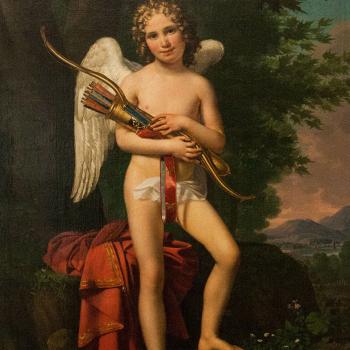The truth is that God inhabits without limit; wherever the real is or the actual does, He is it. Special knowledge of how to get in touch with him is that same knowledge which carries the bee home to its hive each night; who sells that knowledge to the bee? If we have no money, if we can’t read or be wise, are we abandoned? Does He abandon the lowly insects because they are virtually no more than reflex machines? Just as truth cannot really be suppressed, at least not forever, it neither can be hoarded. We are taught day and night, as all living entities are: ceaselessly. God did not begin to govern and inform the cosmos when writing and money were invented. [1]
As a hymn to the Holy Spirit describes the Holy Spirit, so too, it describes God: God is everywhere present and fills all things. In and through the Holy Spirit, one is drawn to God, and is capable of uniting with God. Though Philip K. Dick was concerned with the way specialists – such as religious priests – might try to sell off the treasures of the kingdom of heaven as if they, alone, had access to God, and that one had to go to them to encounter God, he was wrong in suggesting they have no purpose or place in the world at large. They help keep the experience of God alive, they help keep the mysteries alive and thriving, to make sure we do not regress; they provide the sacramental mysteries, the ways in which God wants to be encountered in community. But PKD was right in saying that God does not want them to limit his action in the world. We have access to him in our daily lives because of his universal presence, and we can be taught by him, learn from him, without the need of any specific direction from others. It is up to him. God is always at work, whether or not there are priests recording knowledge about him in their writings; God is at work and able to come to those in need, without them having to go to those who claim to sell his aid for a price. God, who is the truth, cannot be hoarded; he certainly is not something to be sold off to the highest bidder. He is not to be controlled by monetary interests. To limit God by money, to try to control the holy and make the holy a thing to be bought and sold, is to treat money as the real God, as if money had control over God himself. Such idolatry leads to perdition. Before money was, God is. Is that not the true message of Christ to the money-lenders in the temple?
[1] Philip K. Dick, Exegesis. ed. Pamela Jackson and Jonathan Lethem (Boston: Houghton Mifflin Company, 2011), 117.















